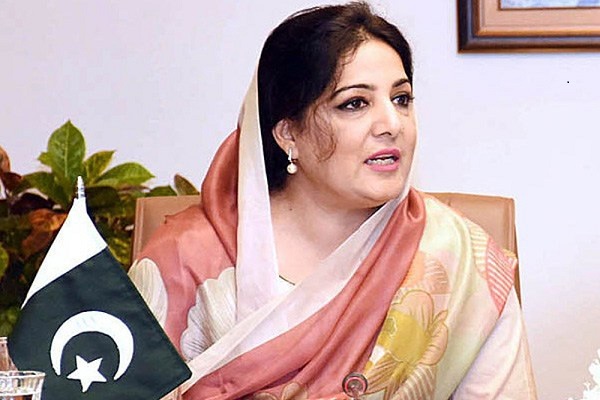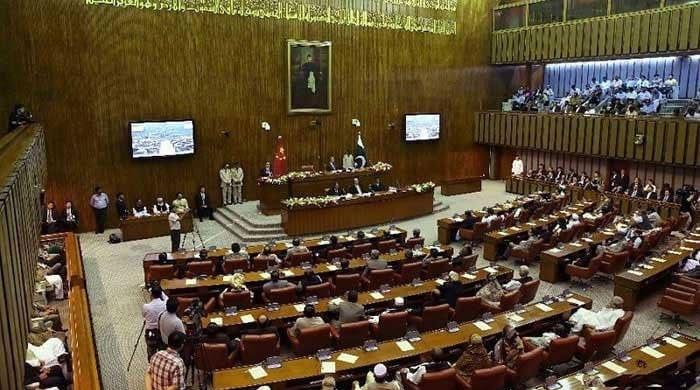In the recent budget announcement, the government of Pakistan proposed an 18% sales tax on mobile phones priced up to $200. This proposal immediately sparked backlash from both the mobile phone industry and consumers. Recognizing the widespread opposition, the Senate Standing Committee on Finance and Revenue rejected the proposed tax during a meeting chaired by Senator Salim Mandviwalla.
Opposition to the Tax Proposal
Senator Anusha Rehman was vocal in her opposition to the proposed tax, arguing that mobile phones are essential commodities, not luxuries. “Mobile phones are necessities, not luxuries. This tax would place an undue burden on the poor,” she emphasized. Rehman pointed out that increasing the cost of budget phones would make them unaffordable for a significant portion of Pakistan’s population. She also criticized the federal government for imposing financial burdens on less privileged segments of society in line with International Monetary Fund (IMF) demands, highlighting that mobile phones are already subject to multiple taxes, including levies on calls and charging services.

Senator Salim Mandviwalla expressed concerns about the broader implications of the Federal Board of Revenue’s (FBR) tax policies on investor confidence. He criticized the current tax regime, suggesting that it deters investors from engaging with the country, thereby stagnating economic growth. Mandviwalla stressed the importance of a balanced tax policy that fosters investment and economic development without overburdening consumers.
Economic Implications
The proposed 18% sales tax on mobile phones priced up to $200 was seen by many as an obstacle to digital accessibility and economic inclusivity. Mobile phones are not only communication tools but also gateways to financial services, education, and employment opportunities, especially in a developing country like Pakistan. Imposing such a tax could have disproportionately affected low-income individuals, further widening the digital divide.
The mobile phone industry, which has been growing steadily in Pakistan, also reacted strongly against the proposed tax. Industry stakeholders argued that higher taxes would lead to decreased sales, negatively impacting both local businesses and consumers. The backlash underscored the necessity for the government to consider the economic realities of its citizens and the operational environment of businesses when formulating tax policies.

Looking Forward
The rejection of the proposed sales tax by the Senate Committee reflects a commitment to protecting consumers from additional financial strain and promoting a more favorable environment for investment. As Pakistan continues to navigate its economic challenges, the need for thoughtful and balanced fiscal policies remains critical.
A more nuanced approach to taxation, particularly in essential sectors like mobile communications, is vital for ensuring sustainable economic growth and social equity. The government’s next steps will be closely watched by both domestic and international stakeholders as it strives to balance fiscal responsibility with economic development and social welfare.
Stay tuned to Brandsynario for latest news and updates.







































